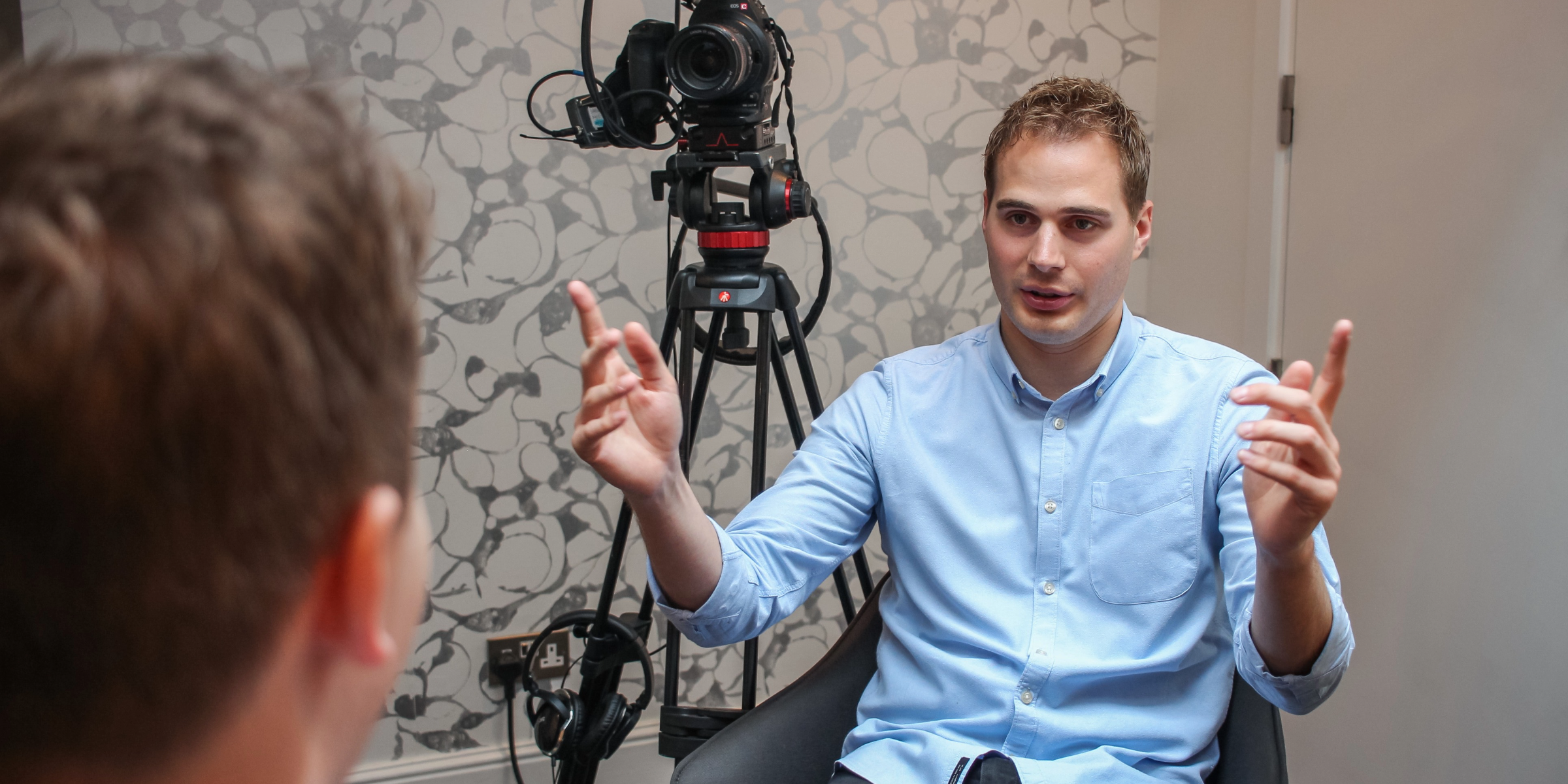HOW TO PREVENT GETTING “BRAIN FADE” ON AIR
Lost for words. We’ve all been there at some time or other. But how much more excruciating is it to do it on air. Last week Green party leader Natalie Bennett was in just that situation when she succumbed to what she described as “mental brain fade”, during an interview on LBC radio with presenter Nick Ferrari.
Ferrari, polite but quick to spot the first sign of weakness in his guest, was never going to let his interviewee off lightly. The more she stumbled the more he probed. The more he probed the more she stumbled.
The interview was a disaster and a seemingly intelligent, capable journalist turned politician was made to look foolish, with a poor grasp of her party’s policies. Not good for anyone’s reputation, let alone a political party leader two months away from a General Election.
So let’s learn a lesson from someone else’s mistakes and ask ourselves: what can you do to prevent yourself, or your spokesperson, ending up in a similar car crash of an interview
PREPARE FOR AN INTERVIEW
Natalie Bennett, or one of her press officers, should have checked with LBC what topics were to be covered in the interview. It seemed she was expecting to cover numerous topics – a big ask for anyone – but Nick Ferrari said on air he only had time for two subjects. A shame that couldn’t have been agreed beforehand.
KNOW YOUR FACTS
As a politician she should clearly know her party’s policies inside out and it’s the same for any spokesperson. You need to be extremely familiar with the detail. In any case have two or three key messages pre-prepared. Few people look or sound good winging it
TAKE CONTROL
“Car crash”! Excruciating , worst interview ever – just some of the comments following the interview. It was particularly painful to listen to as Natalie allowed herself to be bull dozered by Nick Ferrari. In one exchange with presenter Nick Ferrari, she was pressed on the cost of building 500,000 social homes, which the party has promised, she went on: “Right, well, that’s, erm … you’ve got a total cost … erm … that we’re … that will be spelt out in our manifesto.” Nick Ferrari responded: “So you don’t know?” To which Ms Bennett said: “No. Well … er.”
Spokespeople need to take control, the interviewer will try to take you into areas you don’t want to visit and Natalie needed to be feistier, less of a victim.
Most embarrassing of all is having to face fellow colleagues – their verdict won’t be that ‘ she got away with it’
AVOID ADMITTING YOU’RE IN THE WRONG
When Nick Ferrari says accusingly, “You don’t know…?” Natalie Bennett agrees no she doesn’t. This came across as weak and ignorant. She needs to know her party’s policies in detail – but no one expects a spokesperson to know every single fact. Use a technique we call ABC – A is “acknowledge the question.” If you don’t acknowledge then an interviewer like Nick Ferrari will be back like a terrier until you do. B is for “bridge”. Have a form of words in your mind that you can use as a transition from one subject to the next: “What I can say is….”. And C is for change, as in a change of topic.
“I don’t have the exact figure to hand, although my shadow minister for housing does – but what I can say is this policy, to build half a million new council homes, is something we’re committed to and an area where other political parties have failed…..”
Feisty, bold and accusing – that would have been a much better tone to have adopted.
BUT DON’T MAKE EXCUSES
She might not have been feeling 100%, but anyone listening would have dismissed her claim of having a bad cold as a weak excuse to cover for a poor interview.
It’s only a few weeks since the Green Party fought to be included in the televised debates leading up to the 2015 election. Nick Ferrari is a tough interviewer, but even so, pressure to do well on LBC will be nothing in comparison to a national televised debate alongside mainstream party leaders. Ms Bennett has her work cut out.
For more tips on media training and how to be the perfect spokesperson download our E-Book:


